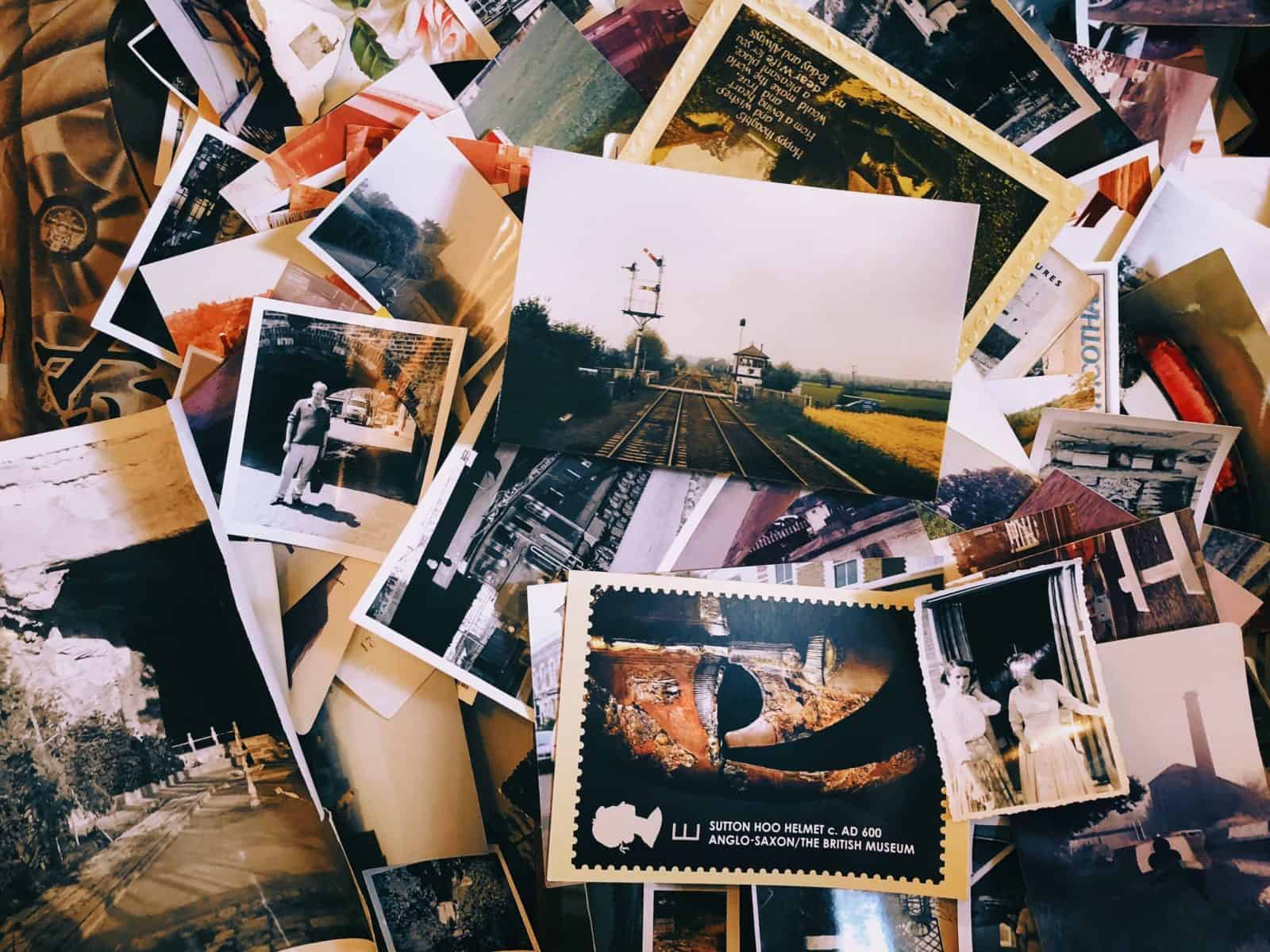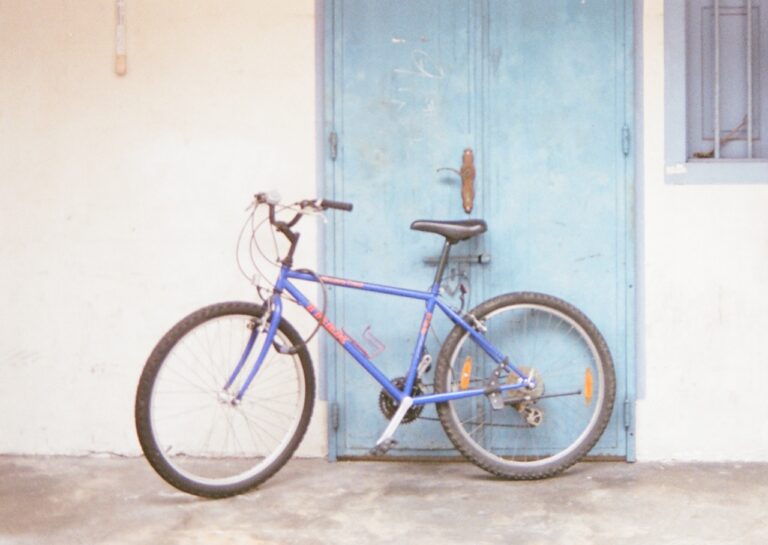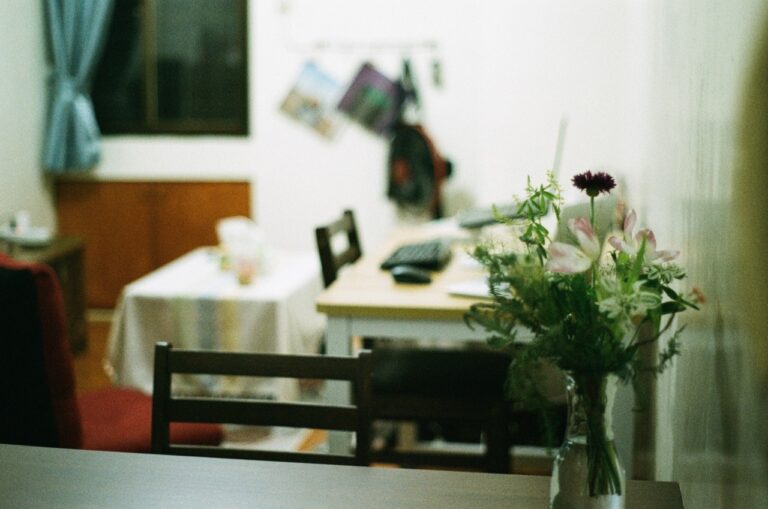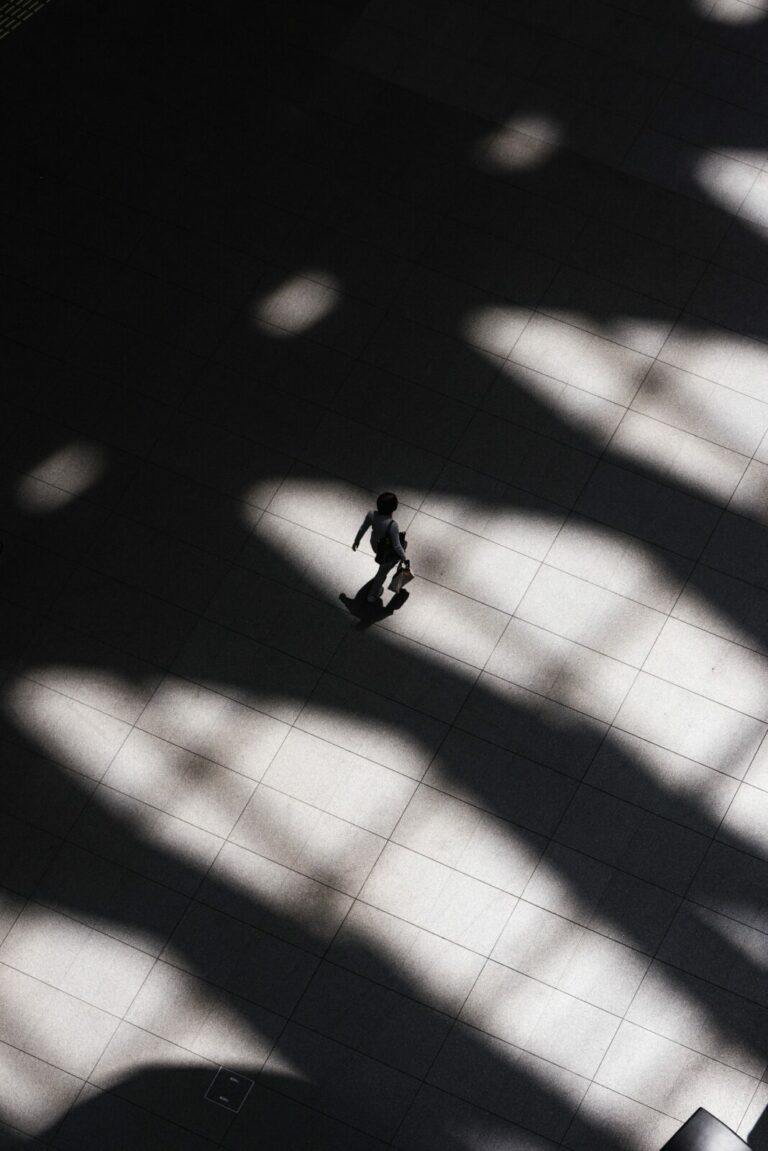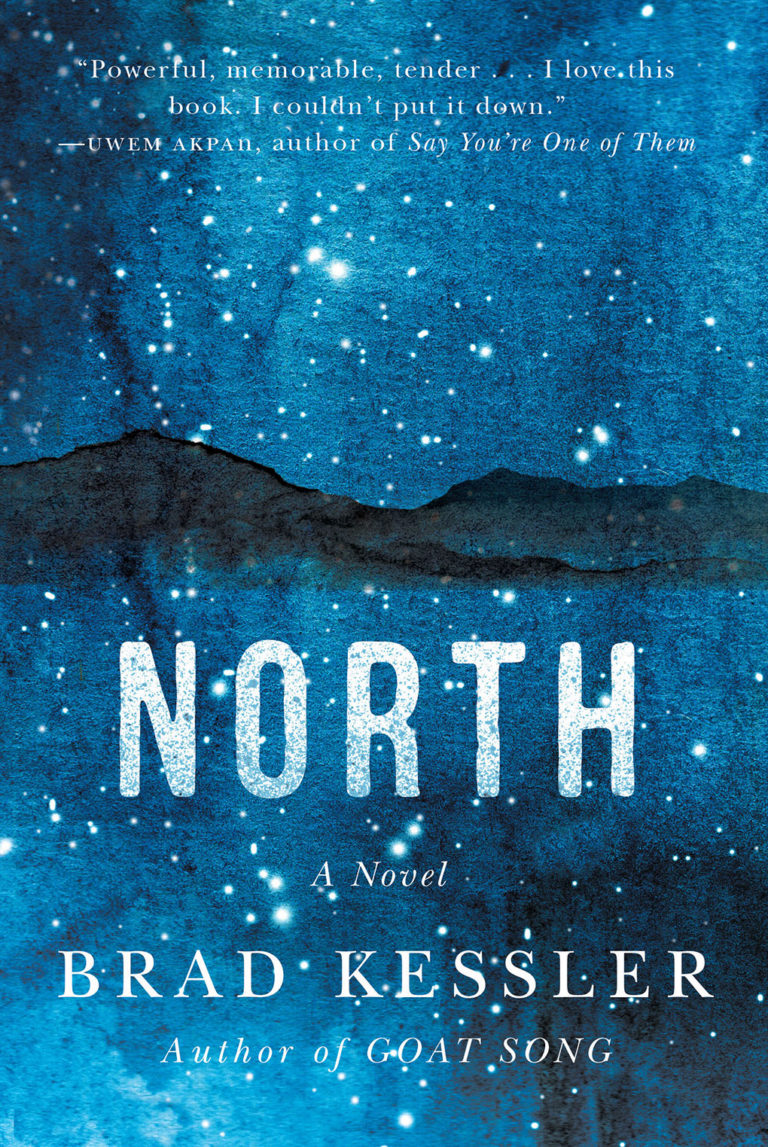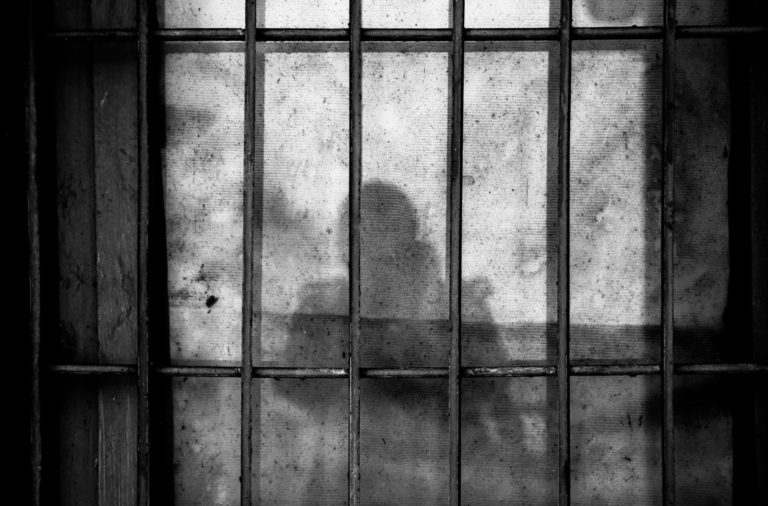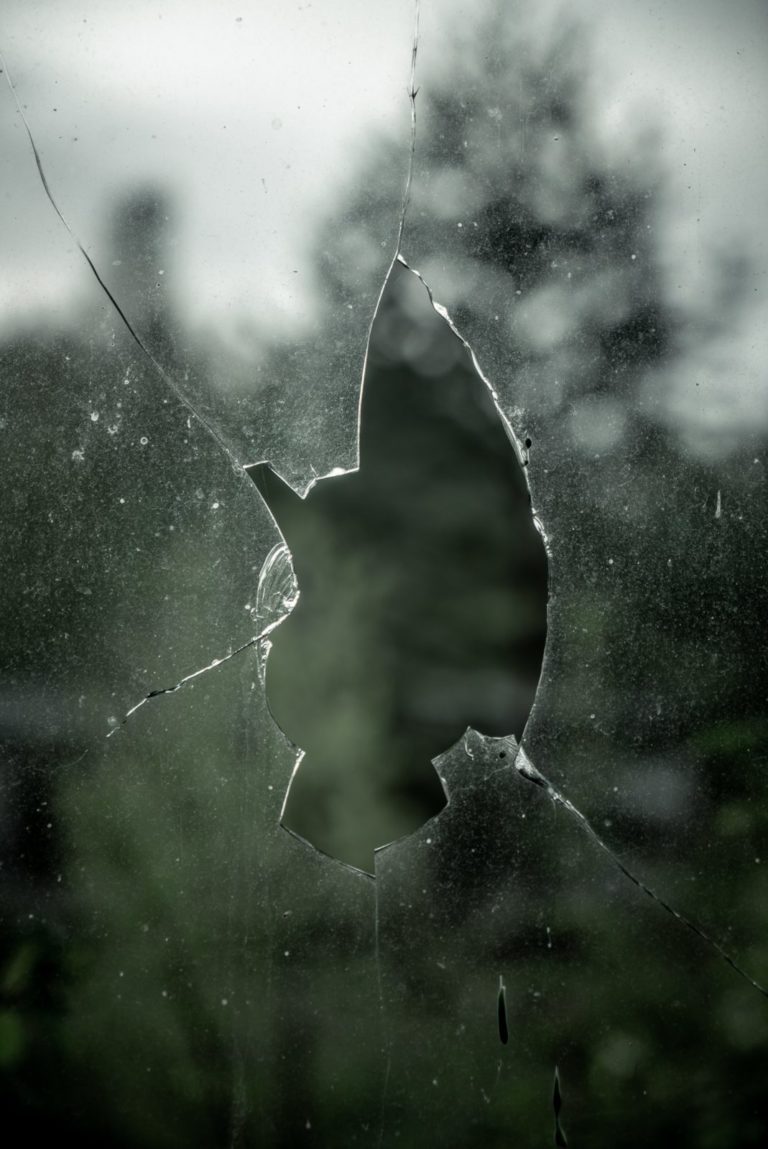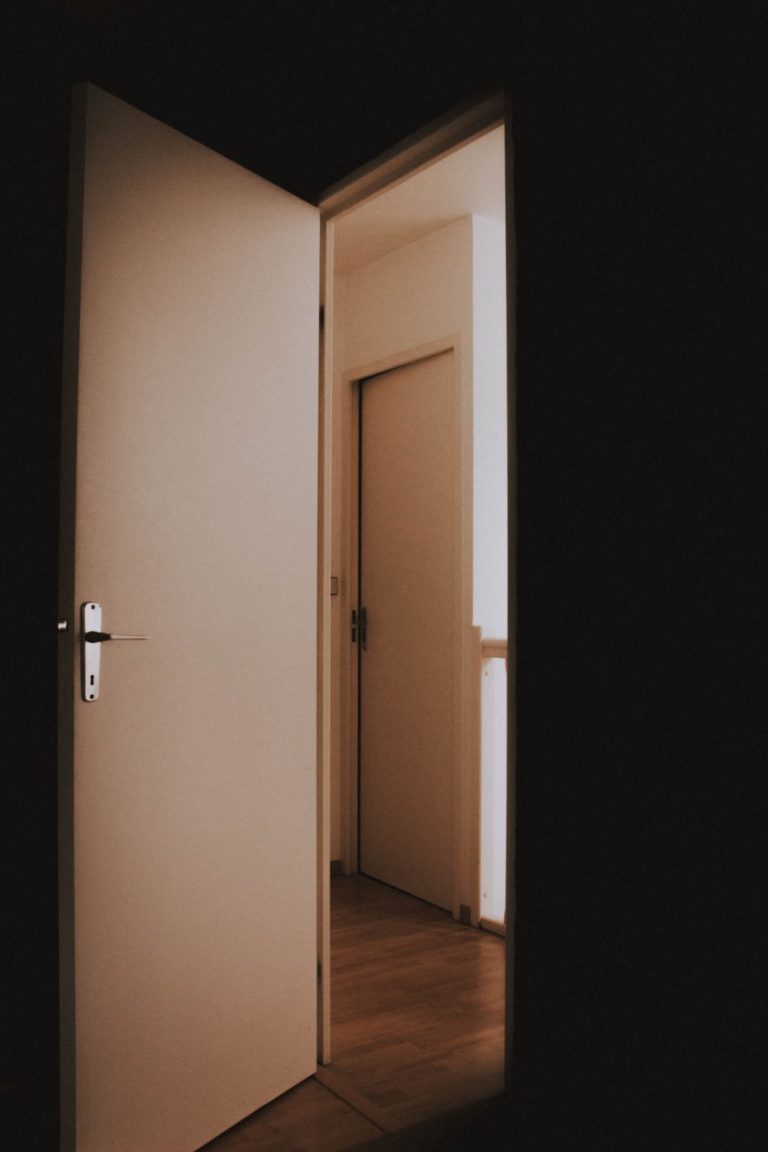Jacques Goldman didn’t mind forgetting. There was plenty he was ready to forget. For starters, Goldman wouldn’t have objected to losing all memories of France from 1937 to 1941. Also his zigzag 1942 cruise across the Atlantic crammed in a freighter, and his first two to three months in New York. Free up some brain room, since he imagined his main problem at the age of ninety-two was too many memories.
Goldman sat near the back of the sunroom nodding in total agreement with himself. Yes, he didn’t mind forgetting, but he hated the way masses of memory had begun vanishing all at once. It was as though his brain were being bombarded by asteroids, leaving behind giant craters in the densest memory zones. All the big cities up there, destroyed one by one. And he was sure they were exclusively good memories he was losing, because all he seemed to have left were bad ones.
Goldman hated losing track of Now, too. What was happening to him vanished from his mind almost as soon as it happened to him. So maybe, come to think of it, he did mind forgetting. Uncontrolled forgetting, that was the problem. Leaning forward in his wheelchair, mouth hanging open, he tried to figure out how he’d gotten there.Merde, he’d forgotten how to think, too. A mess, that’s what being ninety-two was. A joke. One great Comédie noire.
But Goldman had always been a deal-maker, and now he had a small proposal ready to put on God’s table. How about this: The forgetting would be acceptable if first Goldman could remember each thing that he was about to forget. Have it appear to him in a flash, clear and in all its fullness, so he could bid the memory adieu. Then poof, it would disappear. If he could say goodbye to his life, one thing at a time, he wouldn’t complain anymore and he wouldn’t curse God. Promise. God, give me a look-see, Goldman proposed, let me have each memory in its turn–including smells and sounds, not just sights!–and it’s au revoir, ma vie. Didn’t even have to be in chronological order. Agreed?
Then, as though those words had thrown a switch somewhere in heaven, Goldman was in motion. The chairs and sofas beside him drifted past, all occupied by white-haired men or women he briefly recognized. So Goldman was rolling forward. Maybe he was on a train? He was in Paris? Lyon, peut-être? Or it could be that he was literally going back in time, accelerating aboard some cosmic high-tech machine that moved forward to take him backward, and the whole premise of his deal with God had been misunderstood. Which might explain why he was hearing a few words in Yiddish. Back in time? No, he thought, wait a minute, God, I didn’t mean I should physically go back to visit every memory, for heaven’s sake. I’m too decrepit for that. Slow down!
“How are you this morning, Mr. Goldman?”
He looked up and saw the face of Carlota Jimenez looking down at him. She was smiling, though it looked all wrong from this angle, mostly nostrils and teeth, and a few stray strands of her dark hair hanging down almost close enough to touch Goldman’s face. Ordinarily, this would have been a very nice turn of events, but Goldman was too mixed up to enjoy Carlota’s scent, her pointy chin and lavishly lipsticked mouth and tangled locks and the various feelings they all released. Plus, everything all around her was rushing by. What’s happening? he wondered.
Apparently, he was not zooming backward in time to 1930-something, and he was not on a train. He was in his wheelchair now zooming through the lobby of the Surfside Manor and the lovely Carlota Jimenez had come from behind the front desk to whisk him outside and let him sit on the boardwalk for an hour. Could Carlota be God? That would be a good one.
“Confused, that’s how I am. And you, ma chérie?”
But Goldman didn’t hear Carlota’s answer because, now that they were outside, the sight of waves breaking on the shore brought back a vivid memory: Long Beach, New York, summer of 1959, walking along the line of breakers hand in hand with his wife, Simone. He could smell the familiar briny air again, could feel spume cooling his face, salt crusting on his ears, hear the sibilant unfolding of waves. The sound of children playing on the sand mingled with the bugling of seagulls. Merci bon dieu! So the deal must be on, and here was a nice juicy memory being served up for Goldman in all its glory.
In the memory–which is actually happening all over again, as anyone could plainly see–Goldman is lean and his hair is dark. Thick. The eyes are clear and hazel, not all faded and misty, and his earlobes don’t look like they’ve melted. His back is so straight he seems taller than ever. Simone laughs at something he says, then stops to pick up a small flat stone.
“Jacques,” she says, raising her voice to be heard over the surf. That’s all he can hear, but it’s also all he needs to hear. The way Simone says his name, pursing her lips, lifting her tongue. Just hearing–no, seeing–his Simone frame the wordJacques never failed to arouse him. Her lips puckering as she spoke, then relaxing into a smile. Goldman sighed. All right, God, thank you very much. You can have that one now. Salut.
By the time Goldman pulled himself together, Carlota Jimenez was gone. And as soon as he realized she was gone, he found himself in Hoboken peering into the opened hood of a red Buick Skylark. Steam poured from inside, rising in a plume around his head, and there was frantic honking from a line of cars held up behind the sizzling Buick. It was as though the steam and the honking were the same thing. What the hell was this? Goldman had never been in Hoboken in his life, he was sure of that, and he didn’t know anything about car engines. Wonderful. He was now having memories that weren’t even his own. God, what’s going on here? All Goldman knew was that warmth was suddenly pouring over his face and he was getting hot. Gulls and pigeons circled the boardwalk and now he was back where he belonged. He titled his head up toward the heat. Le soleil!
Goldman had no idea how long he’d been sitting there alone, bundled up against the wind, his wheelchair braked at the wall of the Surfside Manor in the early spring sunlight. Usually in late morning or early afternoon Goldman got to spend about an hour out here, if the weather was good. So how much time was left?
Ah Jacques, he thought, now isn’t that the big question? How much time, indeed, is left? Telle est la question. He checked his watch, but found his wrist empty.
“So what time is it already, Jackie?” Leo Lasch asked from the bench beside Goldman’s wheelchair. Where’d he come from?
“You’re here?”
“No,” Lasch said, “I’m in Crackow.”
Goldman nodded. “I understand. Myself, I was just in Hoboken.” No point in talking about 1959 and small flat stones.
Lasch frowned. This was his customary look, and it always made Goldman want to apologize, even if he’d done nothing to provoke his friend’s distemper. Je suis désolé. For three years now, since Lasch had moved into the Surfside Manor, Goldman had tried to understand this man and his ways, tried to be patient. But Lasch was a world-class, serial complainer. Now, for instance, he was saying that he could still taste today’s lunch, the alleged beef bits that reminded him of the food served in the concentration camps. Which made it a major improvement over the breakfast they’d had to endure this morning. You call those things eggs? Where was the flavor, still back in the chicken? Not only was the food terrible, the staff was inept, the floors were dirty and sticky, the light inside and out was too dim, the furniture was dangerously unsteady, and Lasch’s daughter never came to visit. You heard a dozen different languages spoken just in the lobby alone, none of them sensibly. Spring was too slow in arriving. The beach was filthy, probably unhealthy and obviously disappearing. The ocean made too much noise.
Lasch seemed to be enjoying himself now that his complaints had gained momentum. His frown was less radical, almost qualifying as a smile. He’d loosened the collar of his shirt and gotten himself so worked up that he was now wrenched sideways on the bench, one leg wrapped around the other, and was waving his arms. He was haunted, he told Goldman, absolutely tormented, tortured by memories that wouldn’t go away. He’d give anything, give half the time remaining in his life, three-quarters, maybe more, just to be able to forget.
Taire, mon ami! God may be listening.
Goldman didn’t mind listening to his friend’s familiar woes because he knew that this poor gentilhomme had memories that might be even more horrible than his own. Admittedly, such distinctions were difficult to make. Lasch had been in the camps, which was of course awful, the worst. But in those years that Goldman was always failing to forget, he himself had been in hiding and was briefly with the partisans and was constantly on the run, hungry, living in fear for years at a time. Then in the fetid freighter that almost sank with its secret cargo of Jews. Not the camps, true, but not exactly a holiday on the beach at Coney Island either.
Oh, that freighter across the Atlantic. Beside Goldman in the ship on a makeshift bunk had been a man named Zvi Rosenwald, who smelled like rotten seaweed and who was now present in front of Goldman on the boardwalk. There again was the sparse beard, already gray though Rosenwald was barely twenty-five, and with odd bits missing, patches pulled out wholesale by the young man in his terrible anxiety. The bulging eye and the skewed eye. All night Goldman would hear this Rosenwald muttering names, then stop long enough to scratch and pull at his beard in wheezy meditation, and run through the names again. It almost drove Goldman crazy, three weeks confined next to this man with his odor and his names and his ragged beard. This was not one of the memories Goldman needed to revisit. Remember, God? Nothing from France between 1937 and 1941.
“All right,” Goldman said aloud. “Technically the Rosenwald business didn’t happen in France. But you’re God, so you knew what I meant.”
“What?” Lasch asked. He turned to frown at Goldman. “I’m God? My friend, I’ve been called a lot of names before, but never God.” He shook his head, looked back toward the sea. It was terrible. They should do something about Goldman, increase the dosage of his medicine. Which wouldn’t help because the drug companies are all crooked anyway, and their pills kill you with their side effects. Which made Lasch remember the so-called doctors and so-called medical research he’d experienced in the camps, and his hands began to tremble with mounting rage which he didn’t want to spew at Goldman so Lasch put his balled-up fists in his pockets and took a few deep breaths. When it felt safe to do so, he looked back at Goldman, sitting there with the sun in his eyes but shivering anyway. “Nu?” Lasch said. “What’re you, going crazy now?”
“I said nothing.”
“Oh con-trair.” That got Goldman’s attention. Lasch was pleased with himself.
“Pardonne-moi,” Goldman said. “I didn’t mean to disturb you.”
Lasch stared at him. First he calls me God, then he goes back to that yakking in French. Jack Goldman is about as French as an order of McDonald’s fries. German on his father’s side, no doubt, but the man was all American if he was anything. From New Jersey, if that daughter of Goldman’s could be trusted. French! Why not a Russian aristocrat, a friend of the Tsar’s, an intimate of Rasputin, a member of the whaddya call it, the Duma? A Hungarian count! An Argentine tango! Calm down, he told himself, you’ll have another heart attack. More deep breaths.
At times like this, Lasch wished he could speak French himself, just to prove that this loony old man was faking it. Okay, maybe he’s using phrasebook French. In the camps, Lasch had heard real honest-to-goodness French and he didn’t remember it sounding anything like this guy’s version. There was music in that language, a melody that Jack-call-me-Jacques Goldman hasn’t got. Like hearing some foreigner sing second-rate Julius LaRosa. But French or not, the man was clearly upset about something “Are you all right, Jackie?”
Goldman heard the question, but couldn’t bring himself to form an answer. His mind was blank. Happened all the time now. Suddenly, not only were there no memories he could summon, there were moments–hours, it seemed like–when there were no thoughts, either. Goldman was surprised that this blank was a shade of violet rather than just plain black, but still there was nothing to it. Or maybe there was everything to it. This could be what death was like, he thought. La mort. An endlessly empty vista. Tinged violet, the color of sorrow.
When Goldman didn’t answer, Lasch stood and stretched, a slow, elaborate unfolding of his cranky frame. It hurt when he did that, neck shoulders spine hips, but he didn’t want to embarrass Goldman by looking straight at him. So into the stretch Lasch incorporated a few glances at his friend, then sat down again. How long had it been since Goldman last spoke?
“Jack? Can you hear me in there?” Nothing. What, a stroke maybe? “Blink once if you can hear me, Jackie boy, all right? I’ll go get help.”
“I hear you, mon ami.” Goldman still wasn’t looking at him. “And I don’t need you to get any help. Sit down already.”
This was the part Lasch didn’t care for. Sit Down Already meant that Goldman was going to tell him a story. Or rather, make up a story. Because as far as Lasch could tell, Goldman was either lying, was capable of being in Paris at the exact same time he was also in Nice and Lyon and Versailles, or was fabricating a whole new history every day. Lasch didn’t need this. He had a history of his own that he’d be glad to eradicate and replace with a fancy new one too. A career as a doctor, say, or better yet a sculptor. Yes, a sculptor of marble. With a full head of curly hair, nice big hands, thick muscles on the forearms and veins running along them like blue cables. Plus a beautiful blonde shiksa wife four inches taller than himself whose laughter was a melody lovelier than anything Mozart had ever imagined andEnough! Get a hold of yourself! Lasch sat down and forced himself to look at Goldman. To concentrate on what was right here before him.
“So I’m sitting.”
“When I was a boy in Paris,” Goldman said, “my mother wanted me to be a musician.”
But Lasch was no longer there, and Goldman was talking to a seagull that had landed a few feet away, scavenging the boardwalk for bits of bread or peanuts, scraps that the old folks would toss. Yes, a musician, and Goldman remembered the elderly spinster piano teacher who came to their apartment weekly. She smelled of lavender. Her long neck was encased in high lacy collars and her hands seemed able to span the entire keyboard. Goldman was afraid she might one day be so displeased with his playing that she would squash his head in one of her great palms and make his brains squirt out of his ears. Fear had made him a diligent student, but not a deft pianist, and after two years his mother suggested he might study painting instead.
And look at this, now Lasch was back. He seemed to be wearing something else entirely, an ocher sweater knit with patterns of black chevrons. A fedora, too. Goldman wondered why Lasch had changed clothes. But before he could ask, it occurred to him that today might not be the same day as their last chat. Had he already told Lasch about being a painter? This was happening more and more now, days folding into other days without time having elapsed, conversations abandoned and resumed without interruption. Or maybe it was just that everyone kept saying the same things, repeating themselves, forgetting what they’d . . . what they’d . . .
Where was he? Right. École de peinture. “But I didn’t have musical talent. So I became a painter.”
Lasch looked at Goldman and shook his head. He crinkled the paper bag he’d been carrying and set it on the bench. The seagull lifted its head, thinking there had to be food involved.
“You became a painter.”
“Mais oui. When the war started, I was twenty, and ready for my first exhibition.”
Goldman shrugged.
“What did you paint?” Lasch couldn’t help himself. He had to hear this one. Last month, Goldman was going to be a chef when the war started. Before that, an actor. Or wait, was Lasch the one getting confused now? Was that Goldman who was going to be an chef or was that what’s-his-name, the bent-over old haberdasher from Florida. Jacoby. Harold Jacoby. And had Lasch himself wanted to be a painter? No, wait, a sculptor. What a crock.
But then Lasch remembered seeing two paintings on the wall in Goldman’s room. He’d seen them a few times, then stopped noticing. They were, he’d thought, something Goldman must have bought, or maybe something his wife had bought and now Goldman couldn’t part with because they reminded him of her. Or maybe they were things the grandkids painted since they looked so sketchy, just a bunch of scrawls and blotches. Lots of strange hues. Lasch wondered if he’d missed something there, and should have taken a good look instead of kvetching about how small the rooms were, how crappy the bedding, the window shades.
“I didn’t paint anything,” Goldman said. “I made colors collide. I made shapes that couldn’t hold the space inside them still. I made feelings have, you know, made feelings have, I made purple sonatas.”
Purple sonatas. Well, maybe Goldman had left that particular painting back in France, eh, and brought over the purple smudges instead. Okay, be nice. Lasch figured he’d take a closer look next time he paid a visit to his friend’s room.
But here, outside, things weren’t going too well. If the sun would only come out, Lasch thought, Goldman might stop shivering. Lasch had seen authentic cold in his life. He’d seen people with no fat or muscle on their bodies to keep them warm, shivering in a way that seemed able to tear them asunder. Goldman wasn’t quite there yet, but Lasch didn’t like to see what was going on with him.
He opened the package and handed Goldman the dark blue beret he’d bought yesterday, after their last conversation. “Here, Jacques, you need to keep warm.”
Goldman reached out and his hand brushed against Lasch’s. Then he took the beret and held it in both hands, turning it in slow circles. “Merci, Leo.” He stared at it, then looked quickly over at Lasch as though to assess whether this might be a joke of some kind, and back at the beret. “Très gentil.”
Lasch nodded. Goldman put the beret on his head and slouched it to the proper slope with one deft movement of his hand. The seagull cackled and took off, heading toward the tideline.

